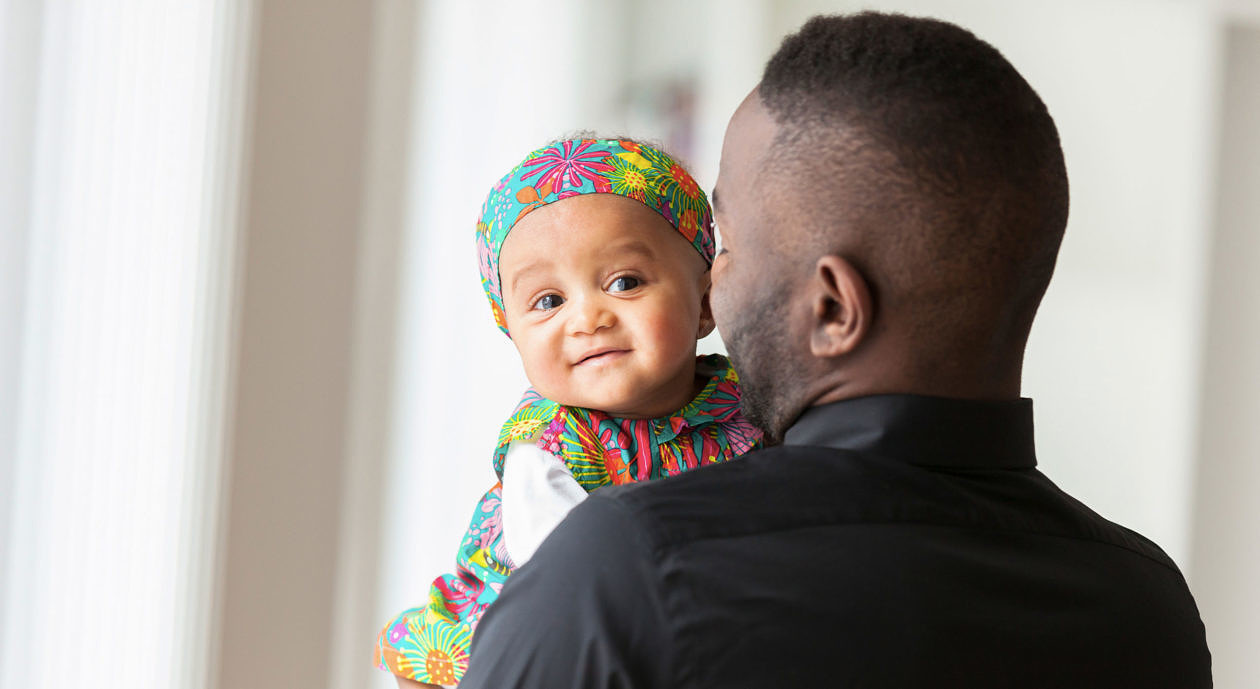In Nicaragua, Chile and Brazil, Promundo has worked with both NGOs and government health bodies to develop Program P, a targeted approach to engage men in active fatherhood from prenatal care through to delivery, childbirth and their child’s early years. The programme seeks to engage fathers and their partners at critical moments, usually during pregnancy, when they are most open to adopting new caregiving behaviours. Through a strong evidence base, the programme guides health professionals on how to engage men in the prenatal consultation period and health clinics. Program P has been adapted in Indonesia, Lebanon, Rwanda, South Africa and in more than ten other countries, in both rural and urban settings. Research in Rwanda revealed that almost two years after participating in Program P, men are nearly half as likely to use violence against their female partners and spend almost one hour more per day doing household chores.
The Responsible, Engaged and Loving (REAL) Fathers Initiative is a father-centred mentoring initiative first piloted in Northern Uganda, where high levels of intimate partner violence and violence against children persist, stemming in part from decades of conflict. REAL works with first-time fathers with toddler-age children. Respected men in the community are trained to mentor young fathers using a curriculum that promotes positive child discipline, caregiving, gender equity and communication. Once a month for six months, young fathers participate in home and group mentoring sessions. A monthly poster campaign reinforces the themes discussed. The intervention ends with a community celebration to support fathers’ achievements and express their commitment to sustaining new behaviours. In 2015, REAL was expanded through integration into a livelihoods programme in Northern Uganda and early childhood development centres in Karamoja, Uganda’s least-developed region. For more information on Program P and REAL, please follow this link.
In Australia, the pilot project SMS4dads provides new fathers with information through their mobile phones. Text messages with tips, information and links to other services help fathers understand and connect with their baby and support their partner. The expected date of delivery or date of birth, which is entered at enrolment, ensure that the texts are linked to the developmental stage of the baby (from week 20 of the pregnancy until 24 weeks post birth). The texts also prompt fathers to monitor their own well-being and every three weeks fathers receive a ‘How’s it going?’ interactive text. They can reply with Awesome/Cool/OK/Shaky/Bad. ‘Bad’ responses are escalated to receive a telephone call from a national perinatal mental health helpline. The project is being trialled in South Australia and Victoria through the state government Department of Health.
